In the course of a season that runs from September to June the LNOB performs more than 200 performances, staging on average six new productions every season of both opera and ballet. The LNOB today is a repertoire theatre.
In the course of a season that runs from September to June the LNOB performs more than 200 performances, staging on average six new productions every season of both opera and ballet. The LNOB today is a repertoire theatre.
While paying tribute to the traditional values of the classical and Romantic operas and ballets that are the cornerstones of its repertoire, the LNOB continually strives to seek contemporary forms of expression. The LNO stage regularly resounds with successful productions of modern operatic and ballet masterpieces, children's performances, and original Latvian works. The LNOB is open to the world: the company has an active touring schedule with many superb guest singers, conductors, choreographers and directors frequently gracing the LNO stage. In recent seasons, the LNOB has been touring to the Hong Kong Festival, the Bordeaux Opera, the Catania Opera, the Bolshoi Theatre in Moscow, the Luxembourg Opera, the Dalhalla Festival in Sweden, to Mexico. The LNO is a place where talent is born – popular soloists like Elīna Garanča, Kristine Opolais, Marina Rebeka, Maija Kovaļevska, Inese Galante, Aleksandrs Antoņenko and Egils Silins started their careers at the LNO.
The LNO Company was founded soon after independence was declared on the 18th of November, 1918, and in the 1920s the opera company was joined by the first professional Latvian ballet ensemble. The LNOB occupies a stately neo-classical style building in Riga, originally constructed as the Riga German Theatre in 1863.
HISTORY
When architects Otto Dietze and Johann Daniel Felsko redesigned the centre of Riga in 1856, they chose one of the most exposed and significant spots in town for the new theatre: it was to be erected near the city's canal, on the grounds of the former bastion of the city's fortifications. In 1860, the design by architect Ludwig Bohnstedt was deemed the best of all for Riga's new theatre. The building was opened in 1863. The great fire of 1882 destroyed the major part of the building. Riga's chief architect Reinholds Schmaeling was in charge of the reconstruction Project which strictly followed Bohnstedt's original design. The reconstruction, along with several improvements, was completed in 1887.
Several small-scale renovations of the interior, new lighting equipment for the stage, and a ventilation system were executed in 1957 and 1958. By the mid-1970s, however, the necessity for a complete renovation became apparent. The 19th century building did not meet the demands for more space and for technical improvement of the stage. Several years were spent on searching for the most appropriate design for the whole complex including a new annex for offices and rehearsal space.
The creative force behind the Project was architect Imants Jākobsons whose work later was continued by architect Juris Gertmanis. The reconstruction and restoration – which included the front of the house with the auditorium, the foyers, coat rooms, and the staircases – and the refurbishment of the stage began in 1990 and lasted five years during which the house was closed. The number of seats was reduced from 1200 to 933. The LNO re-opened in 1995.
In 2001, the new annex was completed. Using elements of contemporary architecture, it at the same time evokes the style of the late 19th century and blends perfectly with the original building. Aside from offices and rehearsal stages, the annex also provides additional performance space: The New Hall with 300 seats is an ideal venue for chamber operas, small-scale concerts or lectures.


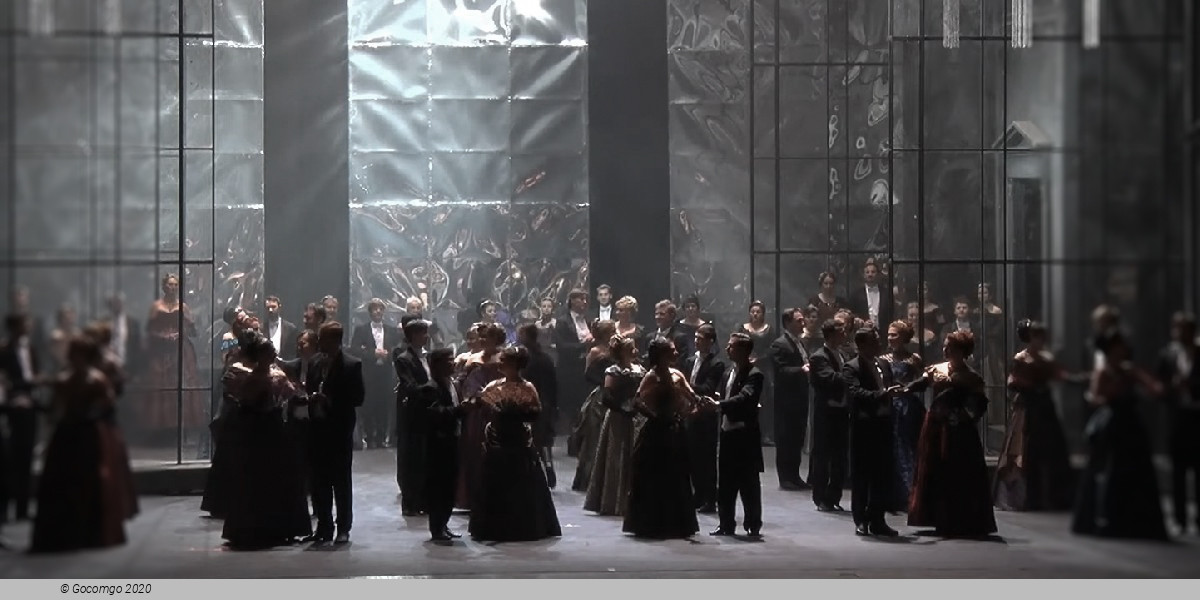
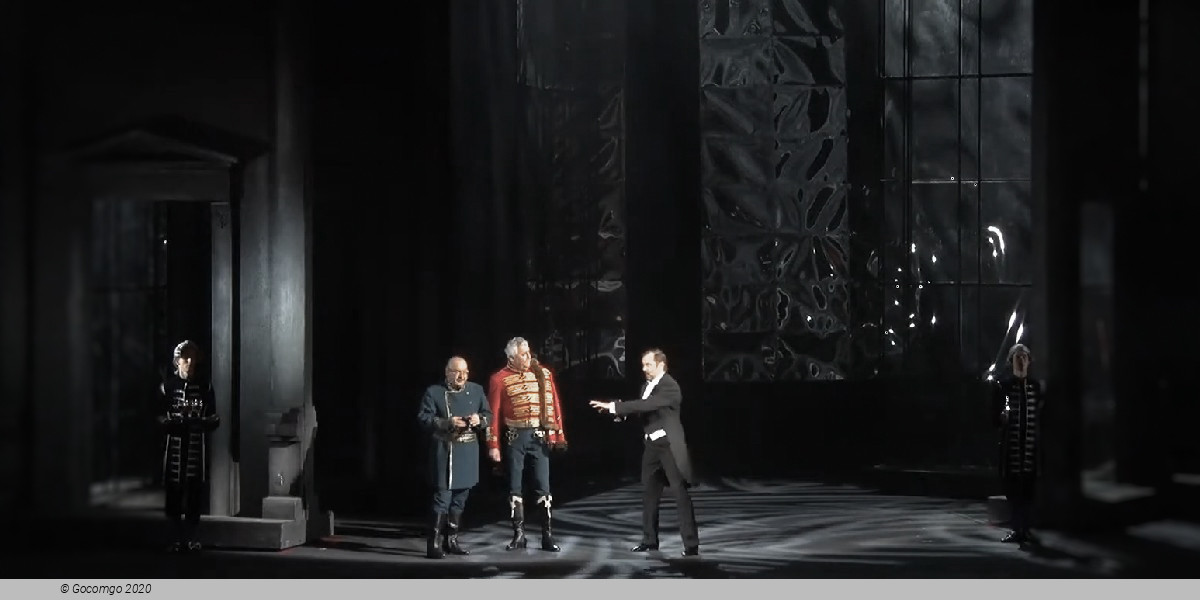
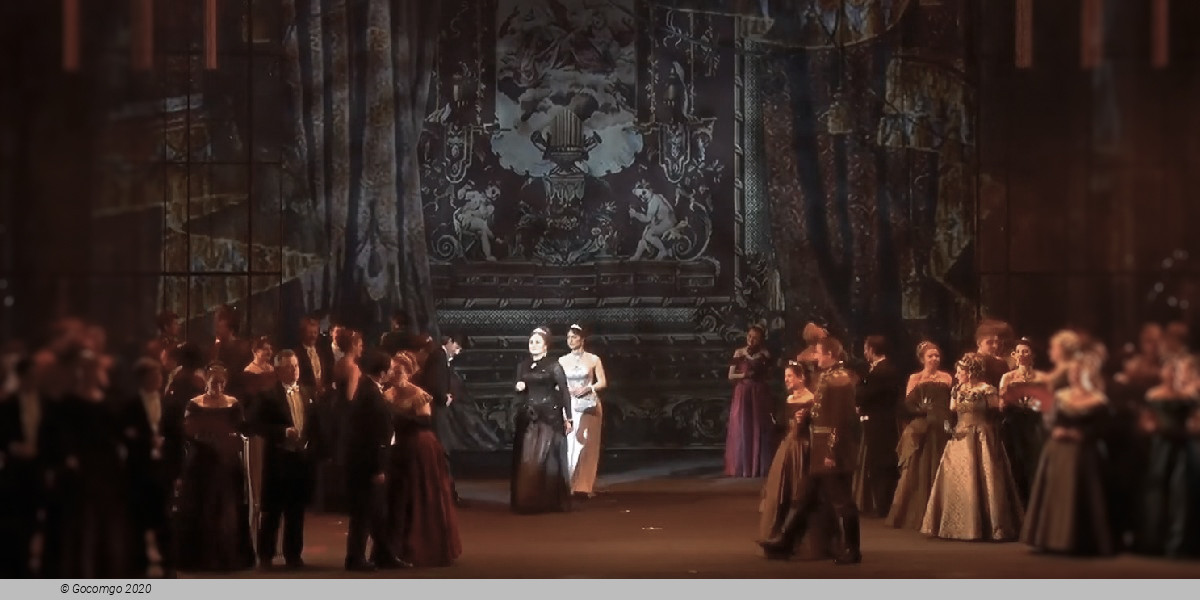
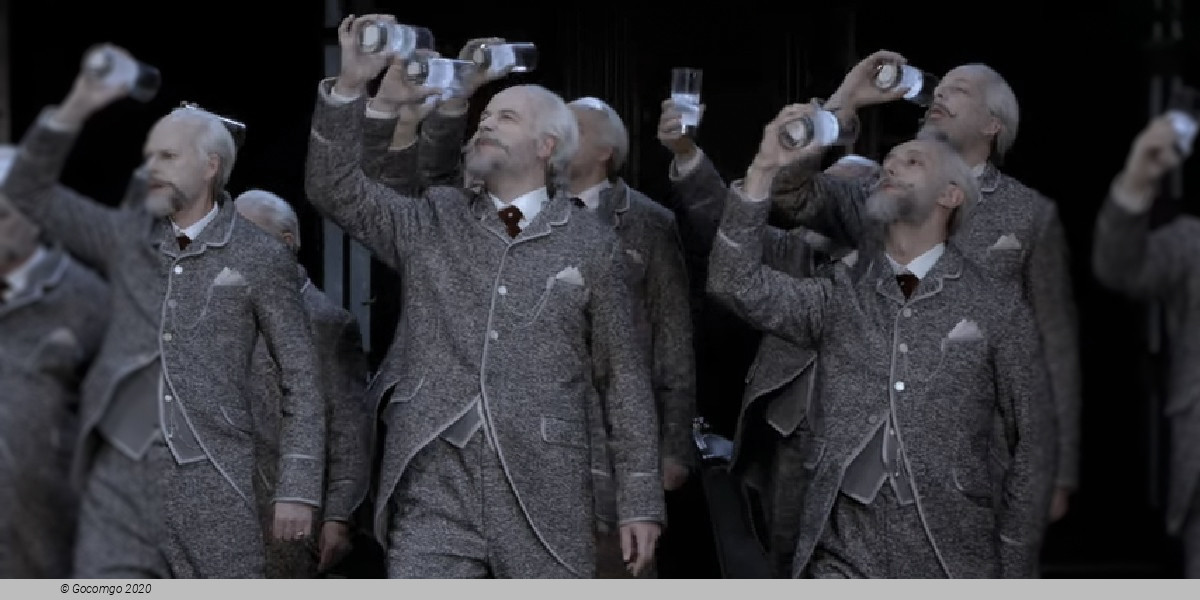
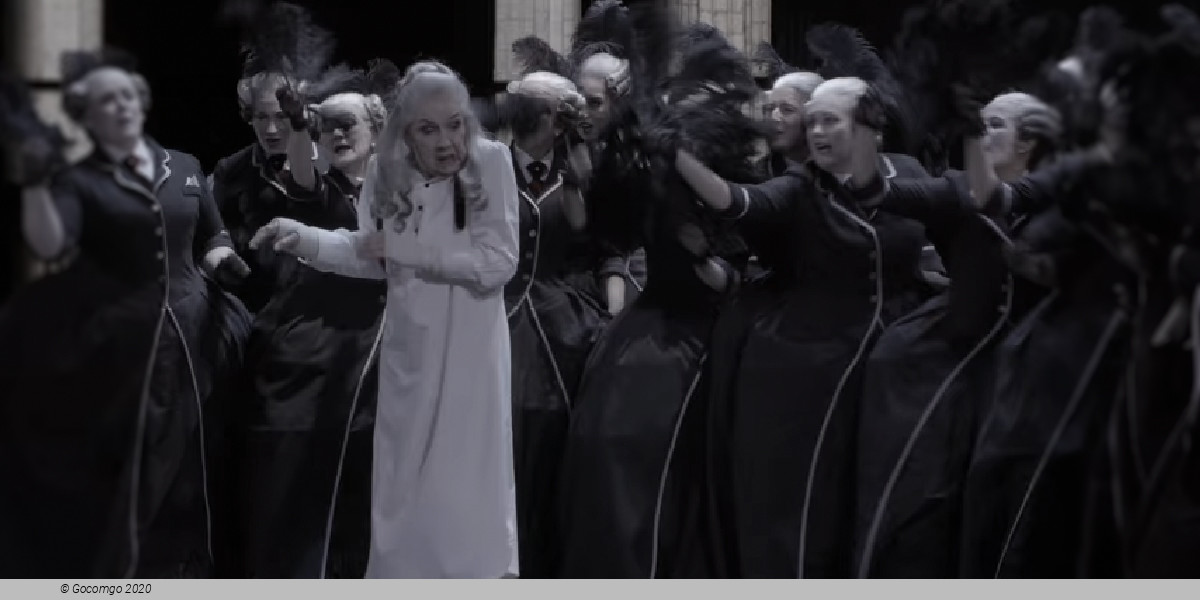
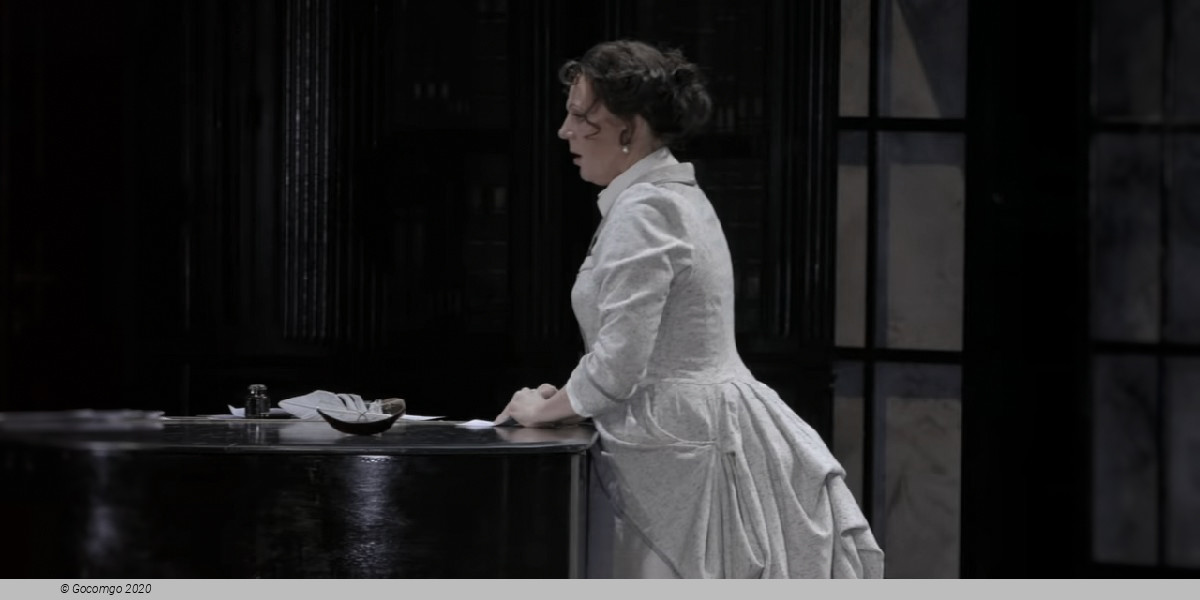
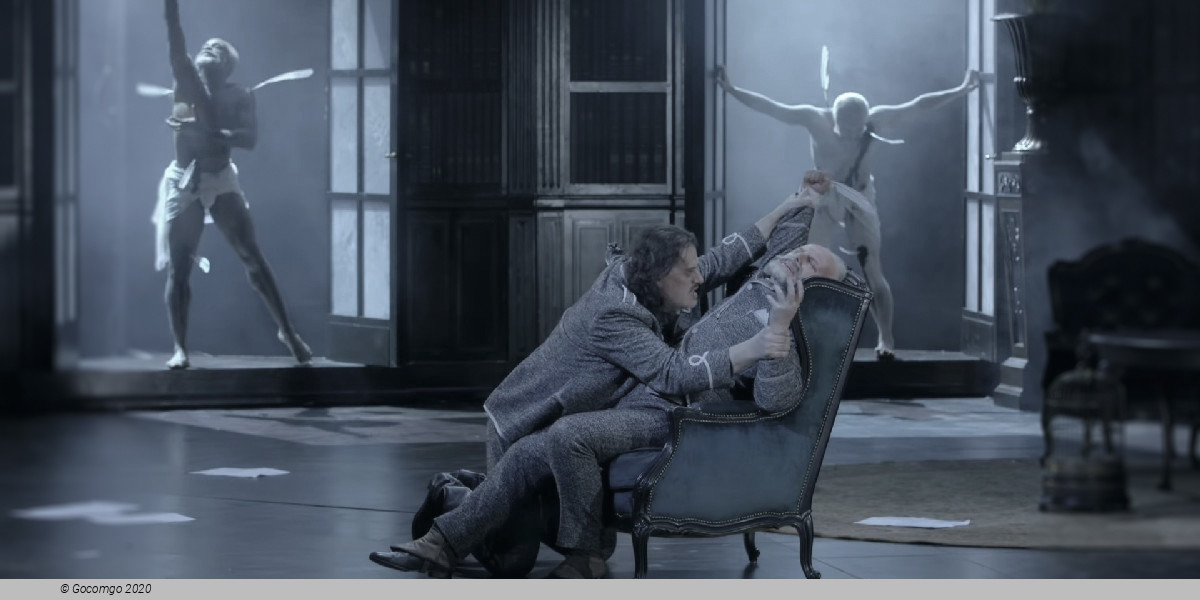
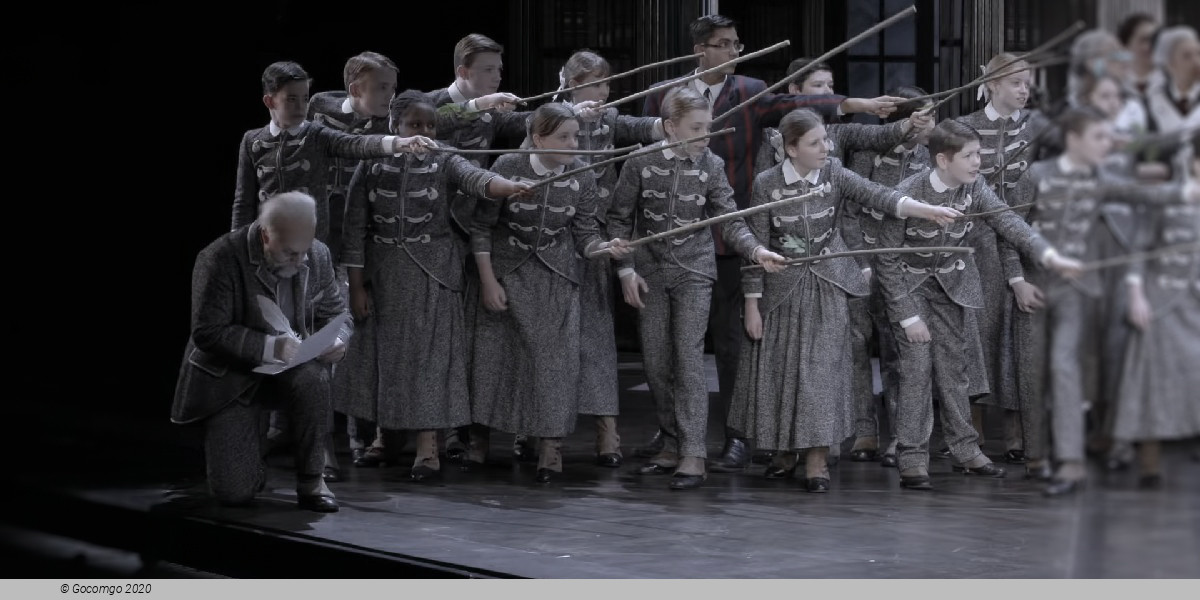
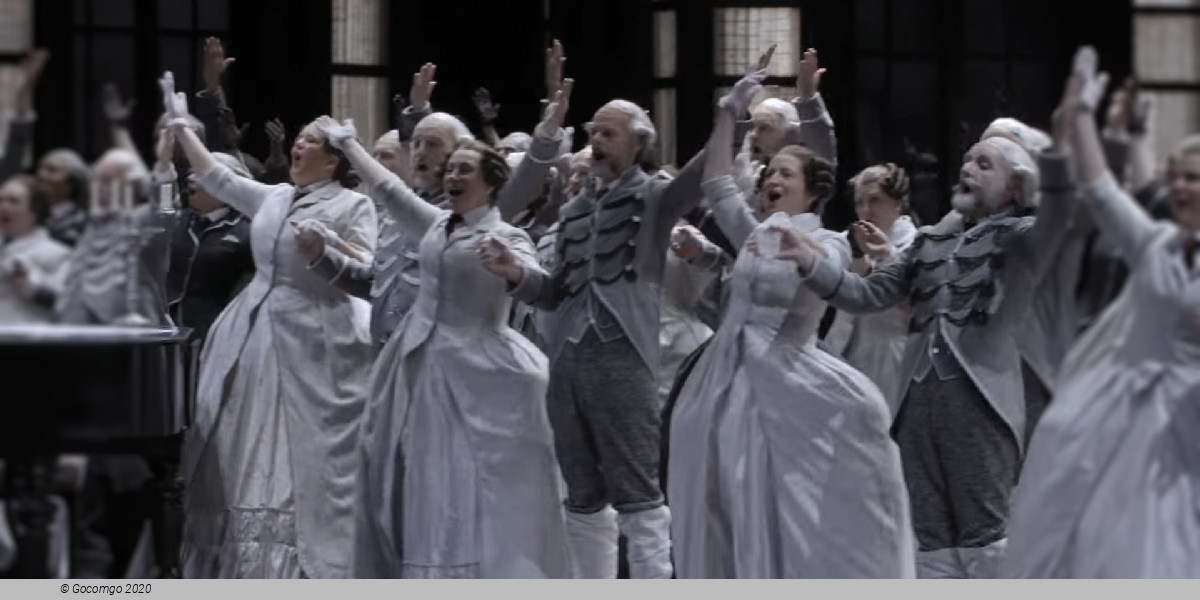
 Aspazijas bulv. 3
Aspazijas bulv. 3